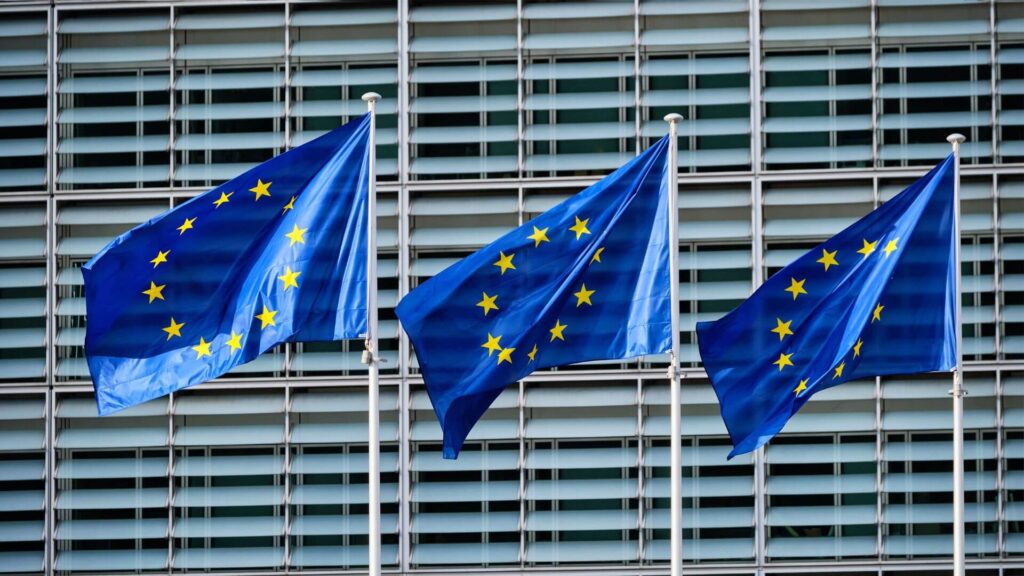

Sofia Stellatou
Space & Connectivity


Chrystel Erotokritou
Space & Connectivity


On 1 January 2024, Belgium took over the Presidency of the Council of the European Union. For the next six months, it will have responsibility for chairing meetings, setting and driving the agenda, and establishing work programmes.
Belgium’s presidency motto is ‘Protect. Strengthen. Prepare’. This spans six themes, including rule of law, democracy and unity; strengthening European competitiveness; and promoting a global Europe. The next six months will be pivotal for Europe because of the European elections, which will deliver a new European Commission for the next five years.
The elections will change Europe’s course, but the next six months will also set the pace on important European space policy and legislation. Belgium’s presidency will prioritise the contribution of research and innovation for the strategic autonomy of Europe and sees space activities as a strategic asset, especially for security, defence, climate change mitigation, and empowerment of New Space actors. Belgium will aim to advance the EU’s work on secure connectivity (IRIS 2 programme), space cybersecurity, and promoting the safe, sustainable, and secure use of space. The key file they will work on is the adoption of an EU Space Law, alongside EU institutions.
The first three months of the presidency will also oversee an internal mid-term review of the EU Space Programme, the publication of a non-legislative proposal for a European Space Data Economy, and the Defence Industrial Strategy.
The next space event the presidency is organising is on 8 February. Belgium will organise a workshop on Cyber Resilience in Space to explore and strategise on the present challenges, current gaps and vulnerabilities, and future actions essential to ensure cyber resilience in space. Discussions will revolve around potential regulatory frameworks, technological innovations, industry support, and investments required to fortify the cyber resilience of space assets – both ground and space-based.
Belgium has a long-standing history and established expertise in the aerospace sector. It has a growing space economy, cooperates closely with and through the European Space Agency, and is its fifth-largest funder. This will likely bring the ESA closer to the EUS’s space policy plans, quieting rumours of further divergence between the EU and ESA.
You can find out more about these developments at our upcoming event on the EU Belgian Presidency. To learn more about the event and our space policy services, visit our website or contact our experts: Sofia Stellatou, Policy Analyst, at [email protected], Chrystel Erotokritou, Compliance Manager, at [email protected], Lea Pavlovic, Manager for Space and Defence, at [email protected], and Declan Dundas, Analyst in the Space Team, at [email protected].



